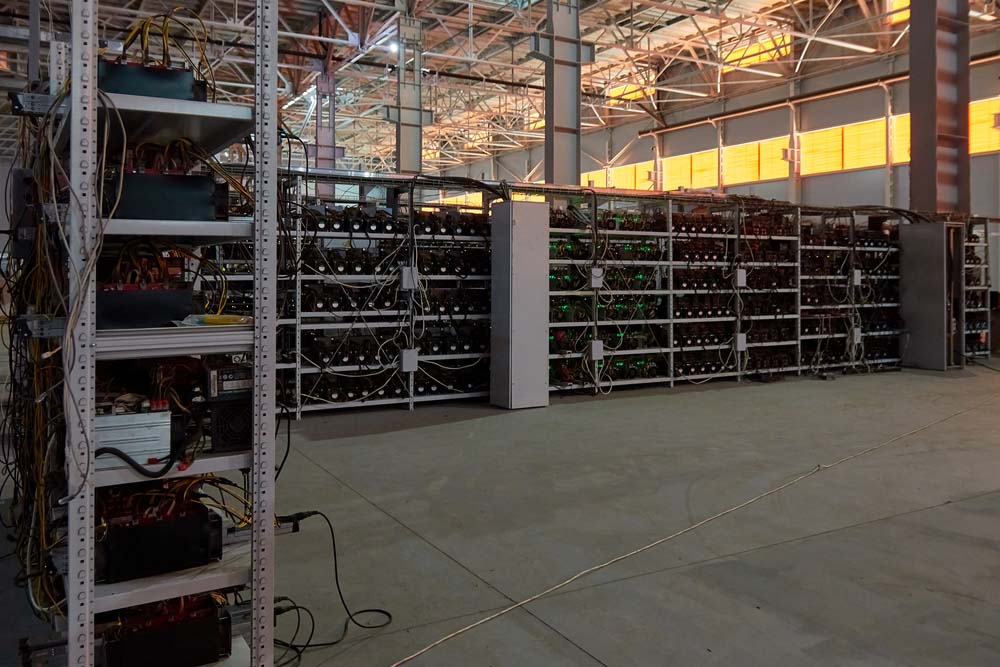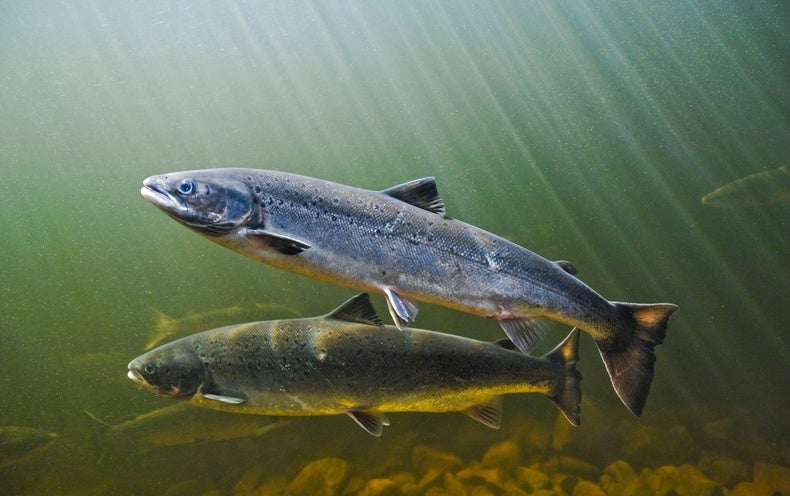Mining resources from our planet can take a devastating toll on the environment, both local and global. Even beyond this, using the resource could cause disastrous effects to our planet and dependence on a single resource can wreak havoc on a country’s economy. Yet, many of these resources are needed for our daily life — sometimes as a luxury, sometimes as a necessity. Any responsible country or company should always take pause to consider what impact mining of any kind can have on the planet.
It turns out that these days, one type of mining might be the worst for Earth’s environment: bitcoins. Yes, the “mining” of virtual currency makes its mark on the our planet. The unequal distribution of Bitcoin mining across the globe means that some countries are making a much large dent into the planet’s climate and environment than others … all for a “resource” that is far from necessary for our society.
Bitcoin mining using a lot of computing power to solve the crypographic puzzles that lie at the heart of the industry. As of today (October 30, 2023), each Bitcoin is worth over $34,000 and with the multitude of other cryptocoins out there, using computers to unlock more can be a profitable endeavor. Almost half a trillion dollars of the global economy runs on these “virtual currencies”.
What is the Environmental Impact of Bitcoin Mining?
Rarely do people who mine Bitcoins stop to ponder the environmental impact of their “extraction.” A new study by Sanaz Chamanara and others in Earth’s Future, a journal from the American Geophysical Union, lays out some of the startling numbers that come from Bitcoin mining.
Here are some of the most eye-popping:
-
In 2020-21, Bitcoin mining consumed more electrical power than the country of Pakistan (population: 230 million).
-
The sources of this electrical power released over 85 megatons of carbon dioxide. That’s the same as 190 natural gas power plants or ~5 Yellowstone calderas. This is based on the actual carbon dioxide emitted by the different styles of generation, so this isn’t a maximum value.
-
If your power comes from hydropower, the loss of water from evaporation and other means led to Bitcoin mining consuming 1.65 cubic kilometers of fresh water. That’s more than the domestic water use of over 330 million people in the rural areas of sub-Saharan Africa.
-
If your power comes from biofuels, it takes almost 1,900 square kilometers of land to produce the source crops. That’s the bigger than the state of Rhode Island.
The biggest culprit for energy use for Bitcoin mining are not shocking: China and the United States. However, some of the other top ten power users are more of a surprise to many people: Kazakhstan, Russia, Malaysia, Iran, Ireland, Singapore. This means that 45% of all the power used to mine Bitcoins comes from the worst carbon dioxide emitted for energy generation, coal.
In many ways, the race for Bitcoin mining superiority has caused some countries to head directly towards calamity. Iran, a country already strapped for water, used over 19 million cubic meters of water for Bitcoin mining in 2020-21. That’s nearly 20% of the country’s domestic water use per year (in 2021), all going to energy production for Bitcoins.
As the price of Bitcoins rise, so does the power people use to mine it. As Chamanara and others point out, when Bitcoin prices spiked 400% in 2021, electric usage from Bitcoin mining also spiked 140%. If you live somewhere with an already-taxed electrical grid, this sort of change could easily use that grid over the edge.
Is Bitcoin Mining Worth the Cost?
Who exactly benefits from Bitcoin mining is unclear. Although corporations, banks and even some countries profess a desire to expand the use of Bitcoins and related virtual currencies, so far there is little evidence that they have looked at how amassing and exchanging these coins will impact the environment. Add on the impact that continuing (and growing) carbon dioxide emissions and water use of populations and our climate, you wonder why Bitcoin mining is allowed at all.
That is what is really boils down to: how much do we value our planet’s climate and environment over amassing personal or corporate wealth? So many sectors of our economy have been trying to move to modes that are much less destructive, yet the emerging cryptocurrency markets are doing just the opposite. Instead, they have been exploiting the planet’s resources no differently than putting a massive open pit mine in a National Forest or drilling for even more oil on the North Slope of Alaska.
It is up to the world’s governments to decide if regulating Bitcoins like it regulates all traditional mining is needed. You can’t just go and open your own mine in many countries without permission and an assessment of the impact that mine will have. It might be high time for the same guard rails be installed in the realm of Bitcoins.














